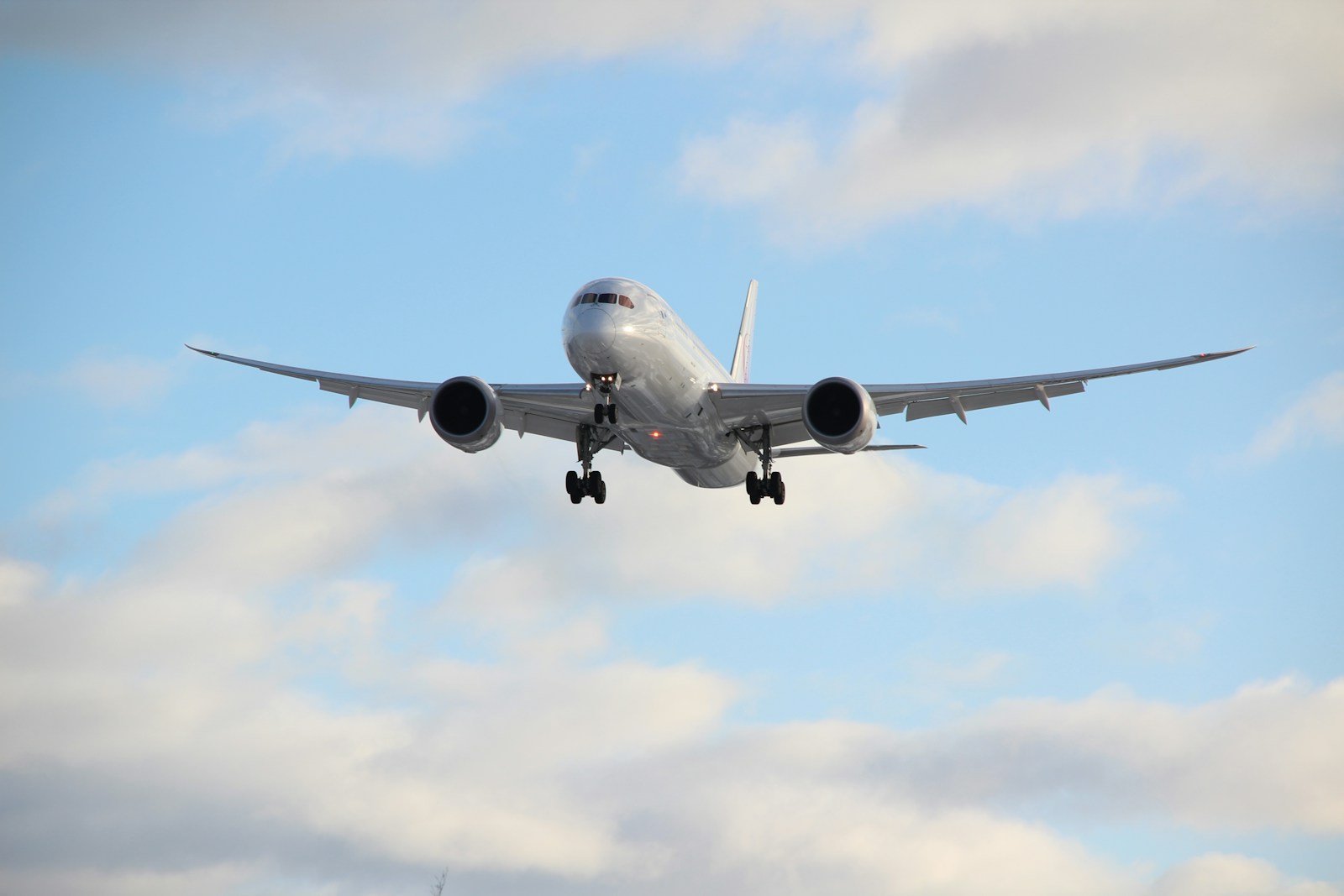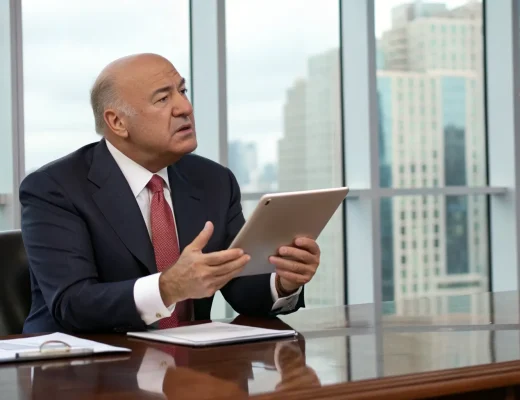A
major airline strike involving approximately 10,000 cabin crew members concluded following successful mediation between union representatives and airline management. The walkout, which began on Saturday, was organized as a protest over pay disputes that had been brewing for months.
The strike caused significant disruption to flight schedules, affecting thousands of passengers during what industry analysts describe as a peak travel period. However, the situation improved rapidly after both parties agreed to participate in mediated discussions.
Mediation Leads to Resolution
According to sources familiar with the negotiations, the mediated talks produced a breakthrough that addressed the core concerns of the cabin crew. The exact details of the agreement have not been fully disclosed, but it appears the resolution includes adjustments to the compensation structure that had been a point of contention.
A union spokesperson indicated that the agreement represents a “step forward” for cabin crew members who had expressed frustration over stagnant wages despite increasing workloads and responsibilities.
The airline’s management team acknowledged the disruption caused by the strike and expressed relief that a resolution was reached quickly. “We appreciate the willingness of all parties to engage in productive dialogue,” stated an airline representative.
Impact on Passengers and Operations
The 24-hour
strike forced the cancellation of hundreds of flights, primarily affecting domestic and short-haul international routes. Passengers reported varying experiences with rebooking and compensation:
- Many travelers faced extended wait times at customer service counters
- Some flights were consolidated, leading to crowded conditions
- Long-haul flights received priority treatment to minimize disruption
Aviation industry analysts estimate the financial impact of the strike could
reach several million dollars when accounting for refunds, compensation claims, and operational adjustments.
The airline has begun implementing recovery plans to normalize operations, with most regular schedules expected to resume within 48 hours. Passengers with bookings for upcoming flights are advised to check the status of their travel arrangements through official airline channels.
Labor Relations in the Aviation Industry
This strike highlights ongoing tensions in the aviation sector regarding employee compensation. Cabin
crew unions across multiple airlines have pointed to rising living costs and increased workloads as justifications for wage increases.
Labor experts note that successful mediation in this case could serve as a model for resolving similar disputes at other airlines. “When both sides commit to mediation with genuine intent to find common ground, resolutions can be reached efficiently,” explained a labor relations specialist.
The aviation
industry continues to face financial pressures following the pandemic, with airlines balancing recovery efforts against employee demands for improved working conditions and compensation.
As operations return to normal, industry observers will be watching closely to see if this agreement establishes new standards for
cabin crew compensation or whether it represents an isolated resolution to a specific dispute.







